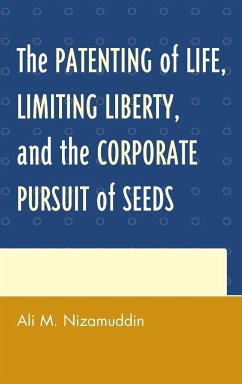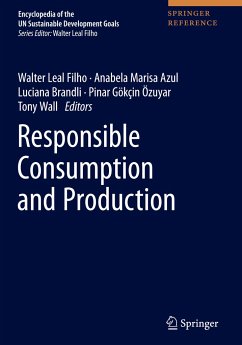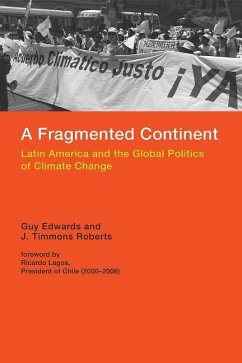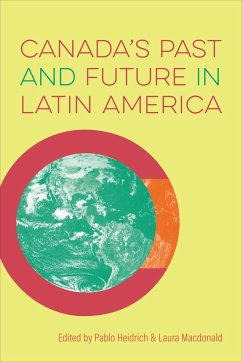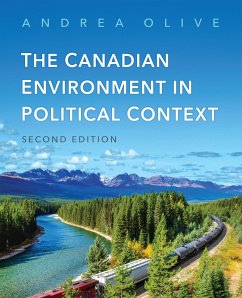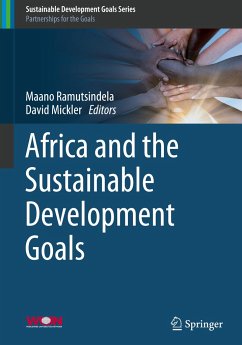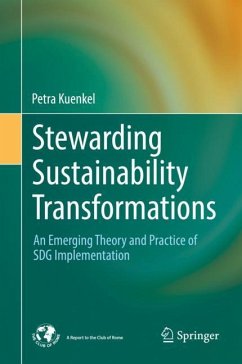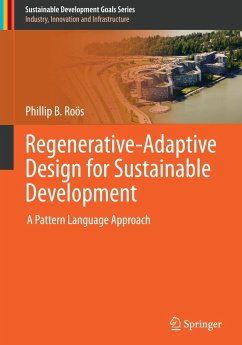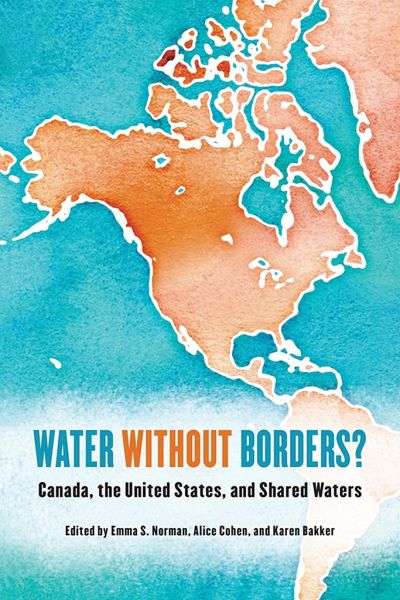
Water Without Borders?
Canada, the United States, and Shared Waters
Herausgeber: Norman, Emma S; Bakker, Karen; Cohen, Alice
Versandkostenfrei!
Versandfertig in über 4 Wochen
63,99 €
inkl. MwSt.

PAYBACK Punkte
32 °P sammeln!
Since 1909, the waters along the Canada-US border have been governed in accordance with the Boundary Water Treaty, but much has changed in the last 100 years. This engaging volume brings together experts from both sides of the border to examine the changing relationship between Canada and the US with respect to shared waters, as well as the implications of these changes for geopolitics and the environment. Water without Borders? is a timely publication given the increased attention to shared water issues, and particularly because 2013 is the United Nations International Year of Water Cooperati...
Since 1909, the waters along the Canada-US border have been governed in accordance with the Boundary Water Treaty, but much has changed in the last 100 years. This engaging volume brings together experts from both sides of the border to examine the changing relationship between Canada and the US with respect to shared waters, as well as the implications of these changes for geopolitics and the environment. Water without Borders? is a timely publication given the increased attention to shared water issues, and particularly because 2013 is the United Nations International Year of Water Cooperation. Water without Borders? is designed to help readers develop a balanced understanding of the most pressing shared water issues between Canada and the United States. The contributors explore possible frictions between governance institutions and contemporary management issues, illustrated through analyses of five specific transboundary water “flashpoints.” The volume offers both a historical survey of transboundary governance mechanisms and a forward-looking assessment of new models of governance that will allow us to manage water wisely in the future.



